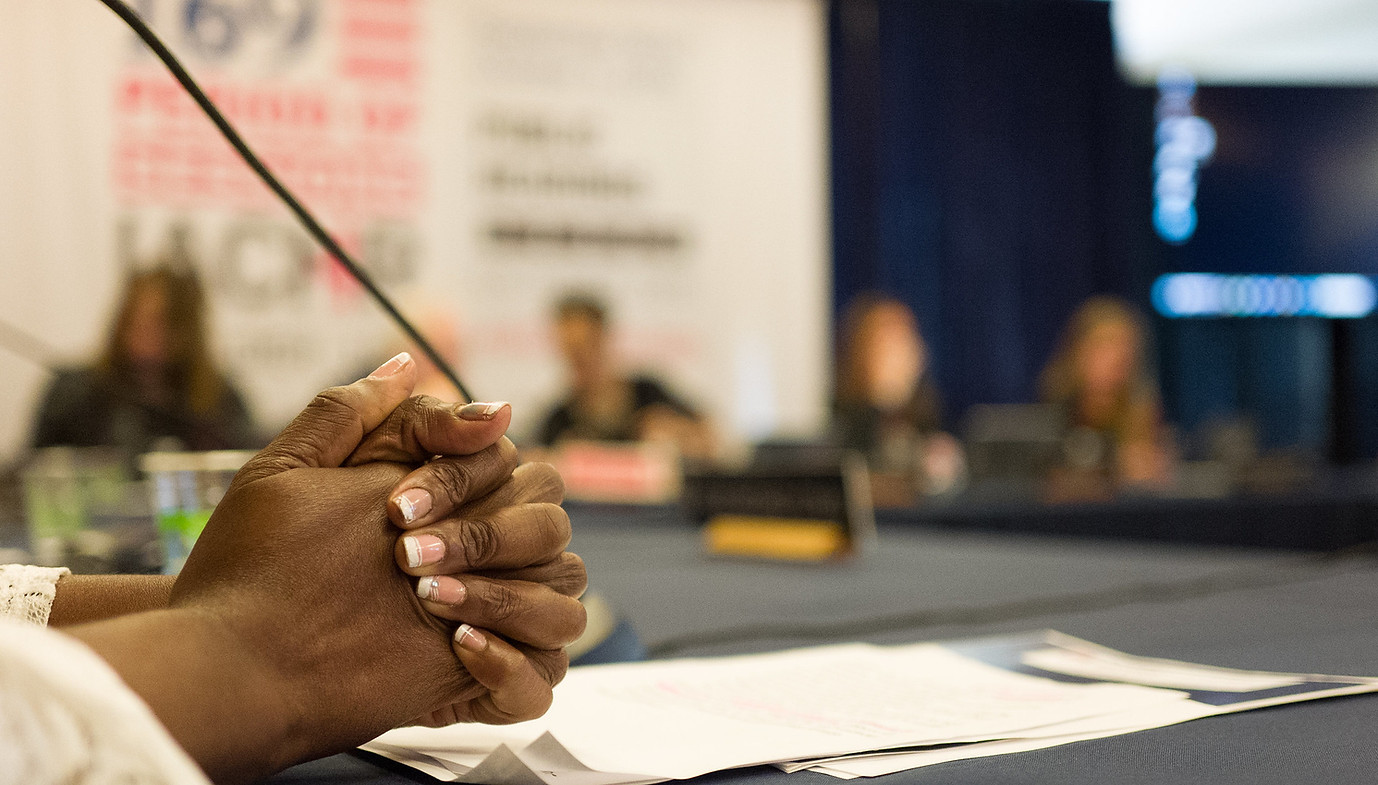
The recognition of the Afro-descendant population in the Americas encompasses different forms of self-identification, such as:
“black”
“morena o moreno”
“preta o preto”
“pardo”
“zambo”
“creole”
And terms that refer to collective communities such as:
“quilombolas” in Brazil;
“raizales”, “community councils”, “palenqueras y palenqueros” in Colombia;
“garífunas” in Central America;
“mascogos” in México;
“maroons” in Suriname
Advances
01.
Argentina incorporated in its census the variable of Afro-descendant self-recognition or of black or African ancestors to the entire population.
02.
Brazil surveyed the Quilombola peoples for the first time in 150 years.
03.
Costa Rica criminalized hate crime, imposing a high prison sentence, for anyone who kills a person for reasons of hate due to his belonging to a racial group.
04.
Peru published the Supreme Decree approving the Afro-Peruvian People's National Policy (PNPA) by 2030, which is mandatory for all public administration entities and could benefit more than 800,000 Afro-Peruvians.
Challenges
01.
Persecutions and attacks against the life and integrity of leaders and practitioners of African-based religions were registered in different States of the region, as well as complaints about the destruction of temples and sacred spaces of Afro-descendant communities.
02.
Acts of police violence with a racist dimension were recorded, exposing institutional violence in which law enforcement officers repress, discriminate, and make excessive use of force based on historical patterns of criminalization and racial prejudice.
03.
In several States of the region, the need to generate statistical data on people of African descent is highlighted to elaborate and implement public policies appropriate to their identity and recognition.
04.
Civil society organizations have denounced cases of discrimination and racial hate speech towards people of African descent in health care.
05.
Due to systemic racism and historical marginalization, Afro-descendant women face more difficulties in accessing health care.
Thematic Reports
Below, you will find the reports published in recent years on the human rights of persons of African descent:
Esta publicación cuenta con la colaboración de la Cooperación Española, a través de la Agencia Española de Cooperación Internacional para el Desarrollo (AECID). El contenido de la misma es responsabilidad exclusiva de la Comisión Interamericana de Derechos Humanos (CIDH) y no refleja necesariamente, la postura de la AECID.












